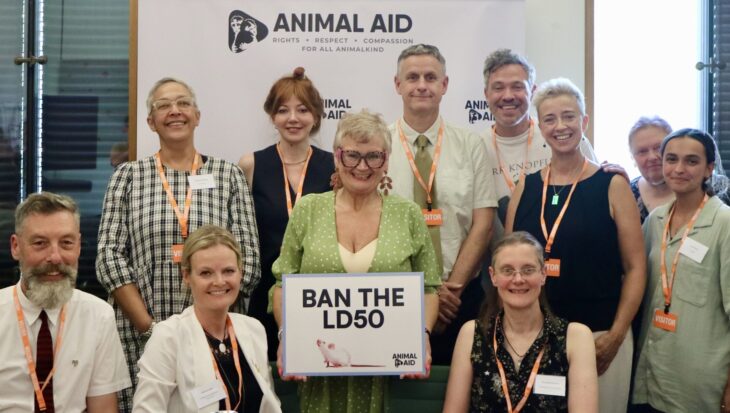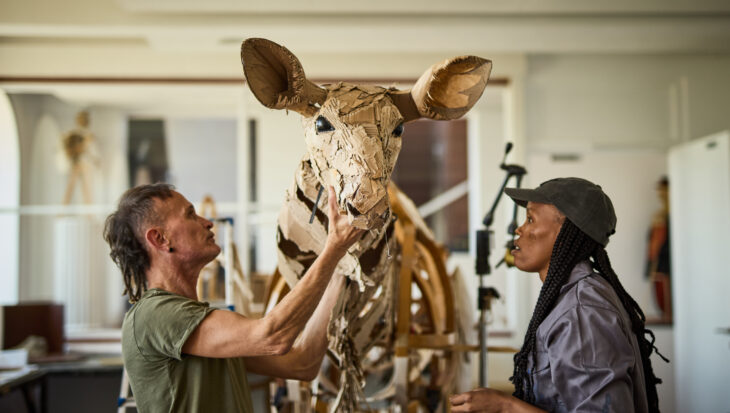Animal Aid in parliament to discuss ending animal tests
Yesterday, Animal Aid hosted a roundtable in Westminster, to meet with MPs and other invited guests to discuss the ending the LD50 and other animal tests.
Posted 02 Jul 2025

Posted on the 1st October 2014
The gun lobby has today suffered a serious body blow with the publication of two scientifically robust reports that, on the one hand, demolishes claims that ‘sport shooting’ is immensely valuable to the UK economy and, on the other, accuses owners of grouse moors who burn heather – a common practice – of polluting rivers, damaging the landscape and contributing to climate change.
The first report was conducted by economic experts from Sheffield University and Cormack Economics and commissioned by the League Against Cruel Sports. It scrutinises the claims in two highly influential shooting industry-commissioned reports (published by consultants PACEC in 2006 and 2014), which are frequently quoted by Ministers and help set the framework for new government policies. The 2014 PACEC dossier claims that shooting is now worth £2billion to the UK economy. But reanalysing the data according to ‘standard Treasury Green Book Guidance’, the Sheffield economics team suggests the true value is between £267 million and £746 million.
The many shortcomings of the PACEC reports, say the Sheffield economists, include the following: they failed to follow Office for National Statistics Guidelines; subsidies given to the shooting sector were not discussed; displacement by shooting of other economic activities, such as leisure and tourism, are not accounted for; jobs in the shooting industry, with an average salary of a little over £6,000 a year, are not jobs at all but ‘paid hobbies’; and the survey information – which was provided by respondents with a stake in boosting the apparent value of shooting – was not independently verified.
The Sheffield authors conclude that the PACEC reports are ‘in essence advocacy statements, containing much information that is not testable robust data but opinion submitted by a sample with a stake in the outcomes’.
The Leeds grouse shooting report, described as the first authoritative study on the subject, compared ten moors in the Pennines and found that burning lowers the water table, causing the deep peat covering that is a feature of many moorlands to dry out and thereby release climate changing carbon as well as stored pollutants such as heavy metals. Rivers near to burnt sites were found to have higher levels of these polluting heavy metals, and burnt areas also contained fewer mayflies on which fish and birds feed, but more midges.
Professor Joseph Holden, from the School of Geography at the University of Leeds, a co-author of the study said: ‘Altering the hydrology of peatlands so they become drier is known to cause significant losses of carbon from storage in the soil. This is of great concern, as peatlands are the largest natural store for carbon on the land surface of the UK and play a crucial role in climate change. They are the “Amazon of the UK”.’
Animal Aid has, for many years, investigated and campaigned against the brutal, environmentally destructive reality of shooting. Order an information pack.
And please join us in calling on Defra to end millions of pounds in subsidies for grouse moor operators.
Yesterday, Animal Aid hosted a roundtable in Westminster, to meet with MPs and other invited guests to discuss the ending the LD50 and other animal tests.
Posted 02 Jul 2025

Have you heard? A breathtaking arts initiative, ‘The Herds’ will be arriving in London this Friday.
Posted 27 Jun 2025
